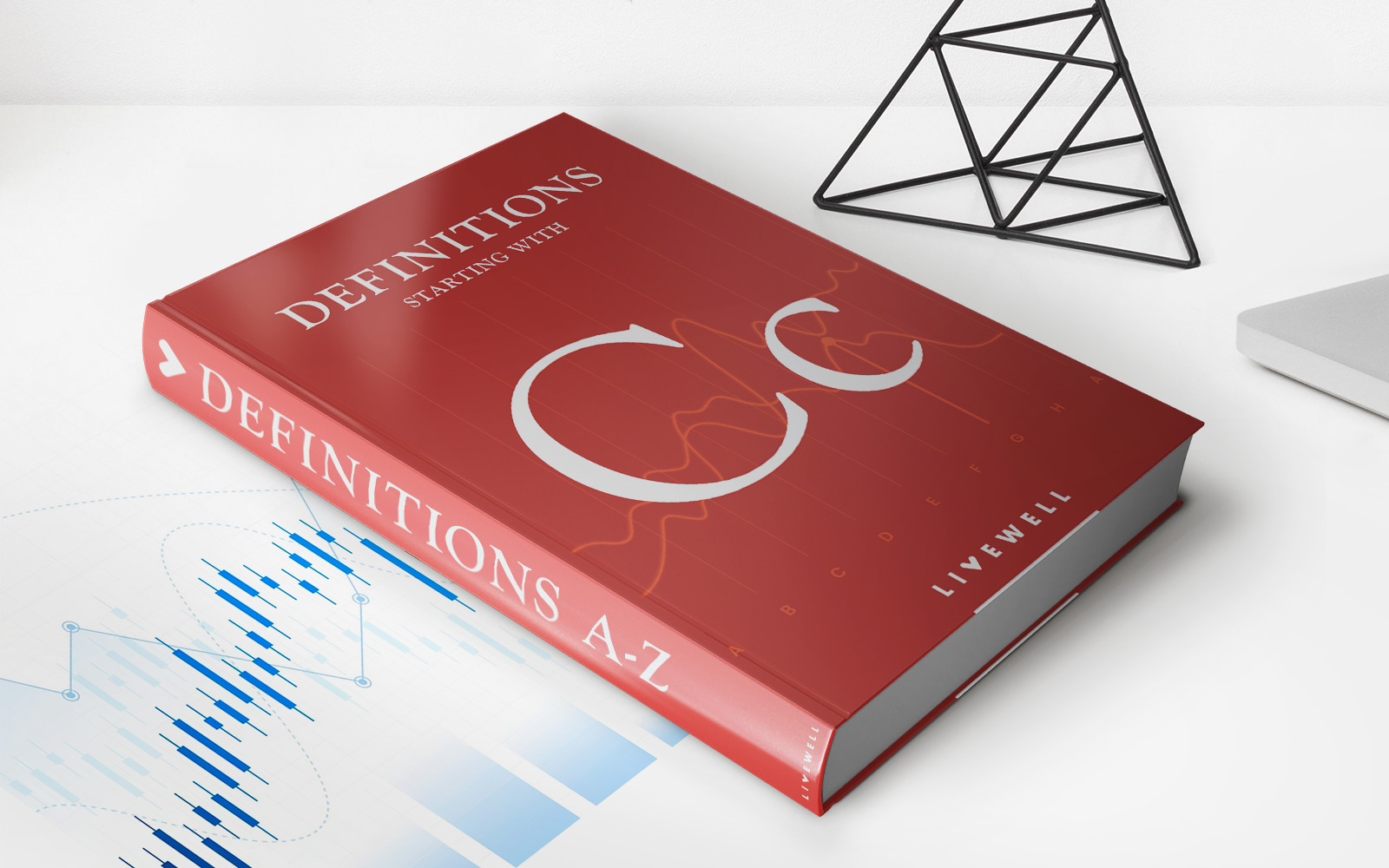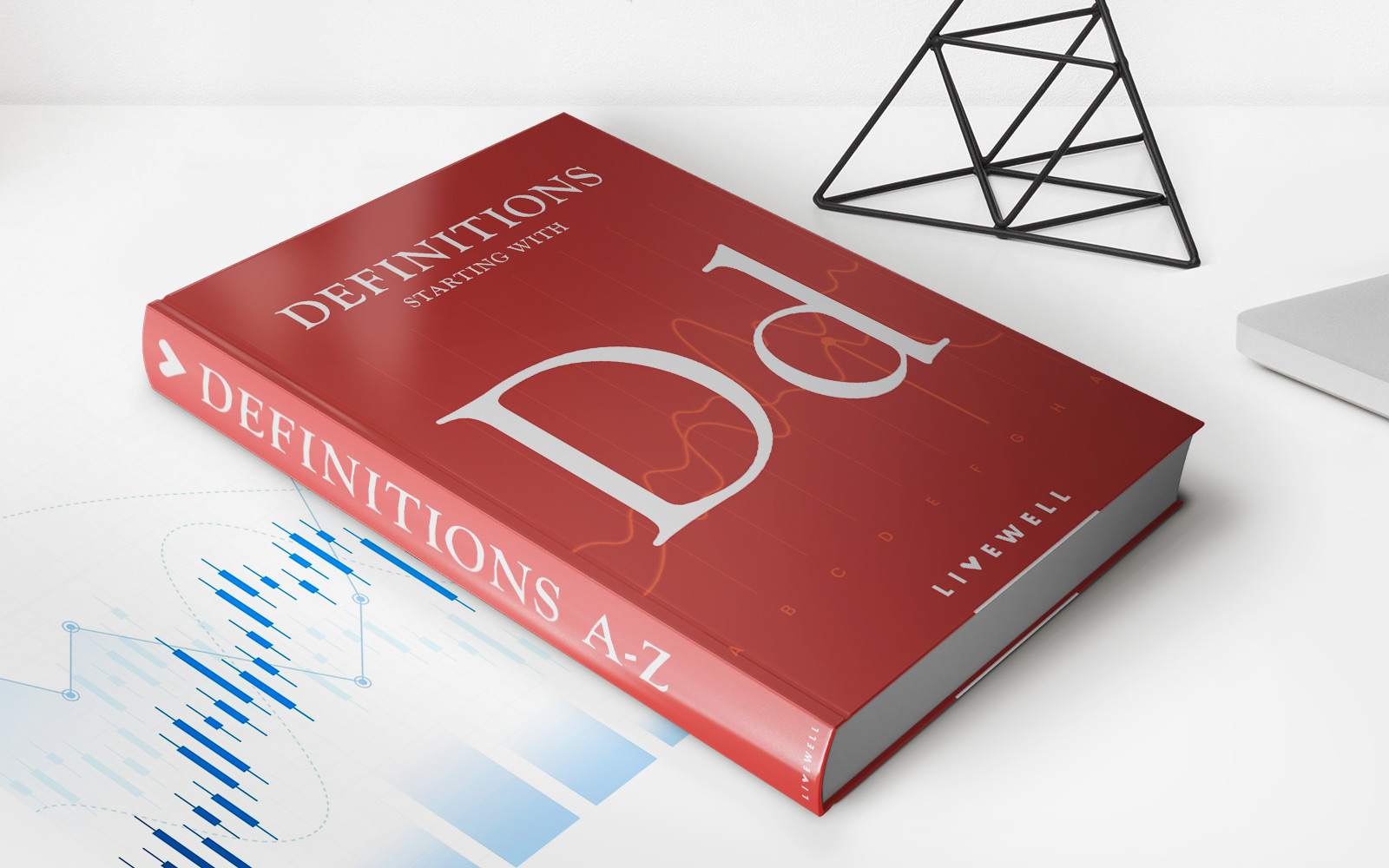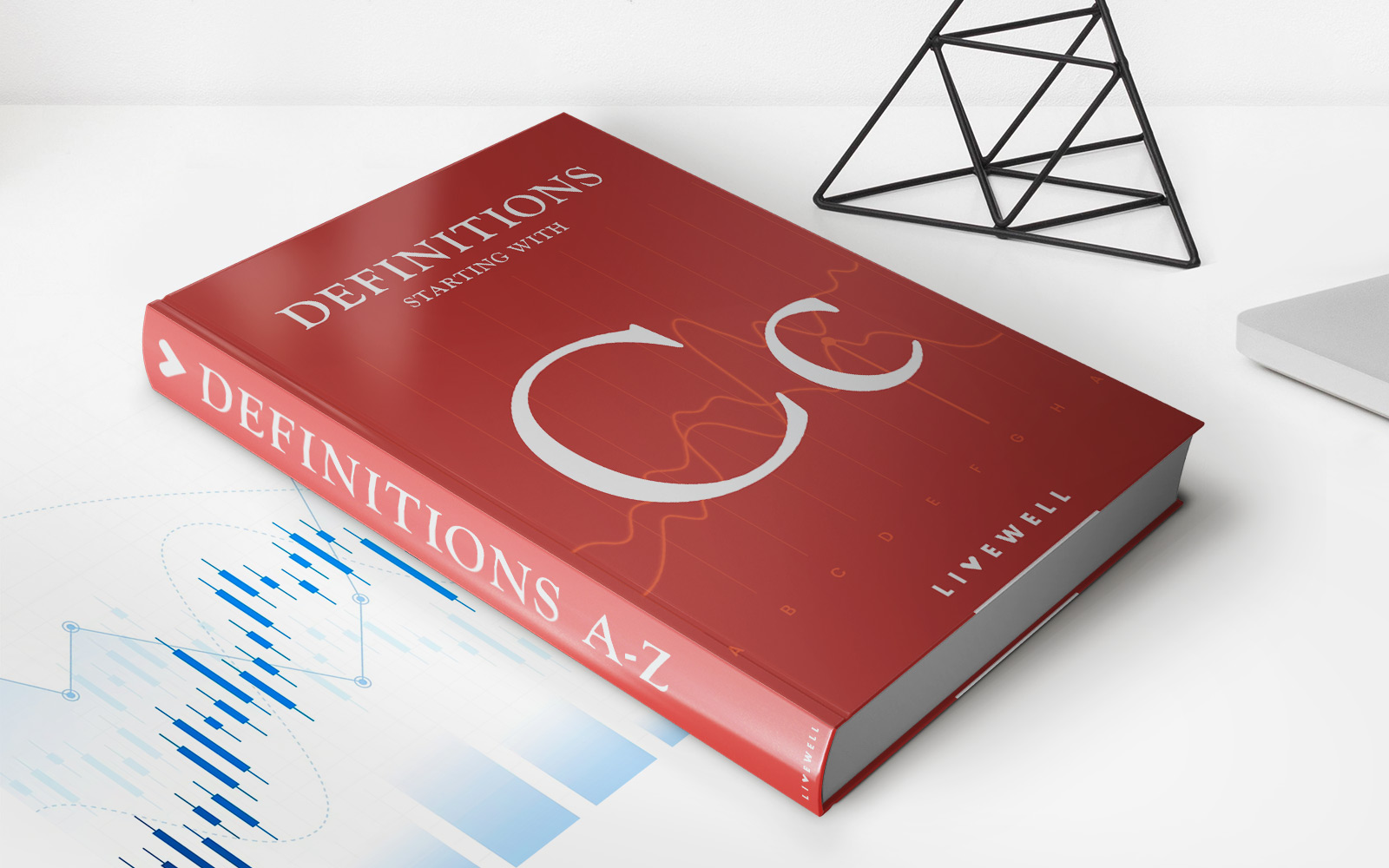

Finance
What Credit Card Should I Get Quiz
Published: November 11, 2023
Take our Finance quiz to find out which credit card is the best fit for your needs. Answer a few simple questions and get personalized recommendations.
(Many of the links in this article redirect to a specific reviewed product. Your purchase of these products through affiliate links helps to generate commission for LiveWell, at no extra cost. Learn more)
Table of Contents
Introduction
Welcome to the “What Credit Card Should I Get?” quiz! Choosing the right credit card can be a daunting task with the myriad of options available in the market. Whether you’re a seasoned credit card user or a first-timer, this quiz will help you navigate through the sea of choices and find the perfect plastic companion tailored to your needs.
A credit card is not just a simple piece of plastic; it can be a powerful financial tool that offers convenience, rewards, and various benefits. But with so many different features and offerings, it’s important to identify what matters most to you before taking the plunge.
This quiz will take you through a series of questions designed to assess your financial goals, spending habits, credit score, desired rewards, fees, and additional features. By the end of the quiz, you’ll have a clear understanding of which credit card aligns best with your financial needs and lifestyle.
Remember, the goal is to find a credit card that not only suits your current circumstances but also helps you save money, earn rewards, and manage your finances effectively. So, let’s dive into the quiz and discover the credit card that will become your perfect financial companion!
Question 1: Understanding Your Financial Goals
Before embarking on your credit card search, it’s crucial to have a clear understanding of your financial goals. Different credit cards cater to different needs, so defining your objectives will help you narrow down your options and find the most suitable one.
Consider the following questions to help you determine your financial goals:
- Do you want to build your credit score? If you’re new to credit or trying to improve your creditworthiness, look for credit cards specifically designed for building or rebuilding credit. These cards may have lower credit limits but can help you establish a track record of responsible credit management.
- Are you looking to earn rewards? If you want to reap the benefits of your everyday spending, consider rewards credit cards. These types of cards offer cashback, travel points, or other incentives based on your purchases. Choose a rewards program that aligns with your lifestyle and spending habits.
- Do you need a credit card for emergencies or unforeseen expenses? If you want a credit card as a safety net, look for one with a low-interest rate and no annual fee. Having a card for emergencies can provide peace of mind and financial security.
- Are you planning to make significant purchases and need a card with a 0% introductory APR? If you have upcoming big-ticket expenses and want to avoid interest charges for a certain period, consider a credit card with a 0% introductory APR on purchases. This can give you valuable breathing room to pay off your balance without interest accruing.
Understanding your financial goals will help you determine the primary purpose of the credit card you’re seeking. Once you have a clear objective in mind, you can move on to evaluating other factors that influence your credit card decision, such as your spending habits, credit score, reward programs, fees, and additional features.
Question 2: Assessing Your Spending Habits
When it comes to choosing a credit card, it’s essential to assess your spending habits to find a card that aligns with your lifestyle and maximizes your rewards. Different cards offer varying reward structures and bonus categories, so understanding your spending patterns can help you select a card that suits you best.
Consider the following questions to evaluate your spending habits:
- Where do you spend the most? Take a look at your monthly expenses and identify which categories you spend the most on: groceries, dining out, gas, travel, or other specific areas. Look for credit cards that offer higher rewards or cashback percentages in those categories.
- What is your average monthly spending? Determine your typical monthly spending to understand the potential rewards you can earn. Some credit cards have spending thresholds for earning higher rewards, so make sure your spending aligns with the card’s requirements.
- Are you a frequent traveler? If you travel often, consider credit cards that offer travel perks such as airline miles, hotel rewards, or airport lounge access. These benefits can significantly enhance your travel experience and provide value for your spending.
- Do you carry a balance or pay off your credit card in full each month? Understanding how you manage your credit card payments is essential. If you tend to carry a balance, look for a card with a low-interest rate. However, if you pay off your balance monthly, focus on finding a card with excellent rewards and benefits.
Assessing your spending habits will help determine the types of rewards that will provide you with the most value. By selecting a credit card that complements your spending patterns, you can maximize your rewards and make the most out of your everyday expenses.
Question 3: Determining Your Credit Score
Your credit score plays a crucial role in determining the credit card options available to you. It’s important to know where you stand in terms of creditworthiness before applying for a new credit card. Different credit cards have varying requirements for credit scores, so understanding your credit profile will help you find a card you’re eligible for.
Consider the following aspects when determining your credit score:
- Check your credit report. Obtain a copy of your credit report from credit reporting agencies like Experian, Equifax or TransUnion. Review it for any errors, inaccuracies, or potential issues that may affect your credit score. Dispute any discrepancies to ensure your credit report reflects an accurate representation of your credit history.
- Know your credit score range. Familiarize yourself with the credit score ranges, which typically range from 300 to 850. Excellent credit is generally considered to be above 750, while fair credit falls in the range of 620-680. Take note of your credit score to have a clear understanding of the types of credit cards you may qualify for.
- Research credit cards that align with your credit score range. Different credit cards cater to various credit profiles. If you have excellent credit, you’ll have access to a wider range of cards with more generous rewards and benefits. If you have fair credit, look for cards specifically designed to help improve credit or that have more lenient approval requirements.
- Evaluate your credit history and payment behavior. Lenders consider factors such as your credit history, payment history, credit utilization, and length of credit when assessing your creditworthiness. If you have a limited credit history or a few negative marks, you may need to focus on credit cards targeted for individuals with limited or fair credit.
Understanding your credit score and credit history will guide you in finding credit card options that are suitable for your specific credit profile. By selecting a card that matches your creditworthiness, you increase your chances of approval and can potentially access better terms, rewards, and benefits.
Question 4: Considering Reward Programs
One of the key factors to consider when choosing a credit card is the reward program it offers. Reward programs vary widely, with each card providing different opportunities to earn and redeem rewards. Understanding the types of rewards available and how they align with your preferences is crucial in finding the right credit card for you.
Consider the following aspects when evaluating reward programs:
- Cashback rewards: Cashback programs allow you to earn a percentage of your purchases back as cash. Some cards offer flat-rate cashback on all purchases, while others provide higher cashback percentages in specific categories such as groceries or gas.
- Travel rewards: Travel rewards programs can offer points or miles that can be redeemed for flights, hotel stays, rental cars, or other travel-related expenses. If you’re a frequent traveler, a credit card with a travel rewards program can provide significant value and help you save on travel expenses.
- Points-based rewards: Points-based programs allow you to accumulate points for every dollar spent, which can then be redeemed for merchandise, gift cards, or experiences. These programs can be versatile, offering a wide range of redemption options to suit your interests and needs.
- Co-branded rewards: Some credit cards are co-branded with specific airlines, hotels, or retail establishments. These cards often offer enhanced rewards and benefits when you make purchases with the associated brand. If you’re loyal to a particular brand, a co-branded card can provide exclusive perks and rewards.
Consider your spending habits and lifestyle when assessing reward programs. If you primarily spend on groceries and gas, a credit card with a cashback program catering to those categories may be ideal. If you frequently travel, a card with a robust travel rewards program can help you earn points or miles to offset your travel expenses.
Remember to also consider the redemption options and the ease of redeeming your rewards. Some programs have flexible redemption options, while others may have more restrictions. Additionally, be mindful of any expiration dates associated with the rewards, as you want to ensure you can fully utilize the benefits of your credit card’s reward program.
By carefully considering the reward programs available and aligning them with your spending habits and preferences, you can find a credit card that allows you to earn and enjoy valuable rewards.
Question 5: Evaluating Annual Fees and Interest Rates
When selecting a credit card, it’s important to consider the annual fees and interest rates associated with the card. Understanding these costs will help you determine the overall value and affordability of the credit card you’re considering.
Consider the following factors when evaluating fees and interest rates:
- Annual fees: Some credit cards charge an annual fee for the privilege of using the card. Consider whether the benefits and rewards offered by the card outweigh the cost of the annual fee. If you’re not planning to use the card frequently or you’re not interested in the specific benefits it provides, it may be more beneficial to choose a card with no annual fee.
- Introductory offers: Many credit cards come with introductory offers, such as a waived annual fee for the first year or a 0% introductory APR for a certain period. Evaluate these offers and assess their value compared to the regular terms of the card. Be aware of any fees or interest rates that will become applicable after the introductory period expires.
- Interest rates: Consider the ongoing interest rates associated with the credit card, especially if you anticipate carrying a balance. Compare the interest rates offered by different cards and choose the one with the lowest rate to minimize interest charges. Remember, paying off your credit card balance in full each month will help you avoid interest charges entirely.
- Additional fees: In addition to annual fees, credit cards may have other fees such as balance transfer fees, late payment fees, foreign transaction fees, or cash advance fees. Take note of these fees and evaluate their impact on your overall usage of the credit card.
When evaluating annual fees and interest rates, it’s important to weigh the costs against the benefits and rewards offered by the card. A credit card with a higher annual fee may be worthwhile if it provides substantial rewards and benefits that align with your spending habits and needs. However, if the benefits and rewards don’t justify the cost, it may be more advantageous to choose a card with no annual fee or lower fees.
By carefully evaluating the annual fees and interest rates associated with a credit card, you can ensure that the card provides suitable value and aligns with your financial goals.
Question 6: Identifying Additional Benefits and Features
When choosing a credit card, it’s important to consider the additional benefits and features offered by the card. These perks can enhance your overall experience and provide added value beyond the basic rewards program. Identifying and prioritizing these additional benefits will help you find a card that aligns with your specific needs and preferences.
Consider the following factors when evaluating additional benefits and features:
- Travel benefits: Some credit cards offer travel-related perks such as travel insurance, airport lounge access, concierge services, or exclusive hotel and car rental upgrades. If you’re a frequent traveler or planning to travel often, these benefits can significantly enhance your travel experience and provide peace of mind.
- Purchase protection and extended warranties: Certain credit cards offer purchase protection, which can safeguard your purchases against damage, theft, or loss. Additionally, some cards extend the manufacturer’s warranty on eligible purchases, providing extra peace of mind when making big-ticket purchases.
- Fraud protection and security features: Evaluate the security features offered by the credit card, such as EMV chip technology, contactless payments, or virtual card numbers. Additionally, assess the card’s fraud protection policies and 24/7 customer service to ensure that you’ll be promptly assisted in case of any unauthorized activity on your account.
- Rewards redemption options: Consider the options available for redeeming your rewards. Some cards offer flexible redemption options, allowing you to redeem your rewards for travel, merchandise, cashback, or gift cards. Others may have restrictions or limitations on redemption, so it’s important to choose a card that provides redemption options that align with your preferences.
- Mobile app and online account management: Assess the user-friendliness of the credit card’s mobile app and online account management tools. A well-designed and functional app can make it easier to track your spending, make payments, and manage your account efficiently.
Identifying the additional benefits and features that matter most to you will help you prioritize your options and choose a credit card that provides a comprehensive package of perks. By carefully considering these factors, you can find a card that not only meets your financial needs but also enhances your overall credit card experience.
Conclusion
Choosing the right credit card is an important decision that can have a significant impact on your financial life. By taking the time to understand your financial goals, assess your spending habits, determine your credit profile, consider reward programs, evaluate fees and interest rates, and identify additional benefits, you can make an informed choice that aligns with your needs and preferences.
Remember, no credit card is one-size-fits-all. What works for one person may not work for another. It’s crucial to consider your unique circumstances and priorities when making your decision.
As you navigate through the “What Credit Card Should I Get?” quiz, keep in mind the importance of finding a credit card that not only suits your current needs but also provides long-term value. Consider the rewards, benefits, fees, and interest rates that align with your lifestyle and financial goals.
Lastly, be sure to read the terms and conditions of any credit card offer thoroughly to fully understand the details and requirements. Taking the time to research and compare different options will empower you to make a confident and well-informed decision.
Now that you have gained insights into your financial goals, spending habits, credit score, reward programs, fees, and additional features, you are better equipped to find the credit card that will become your perfect financial companion. Happy credit card hunting!














